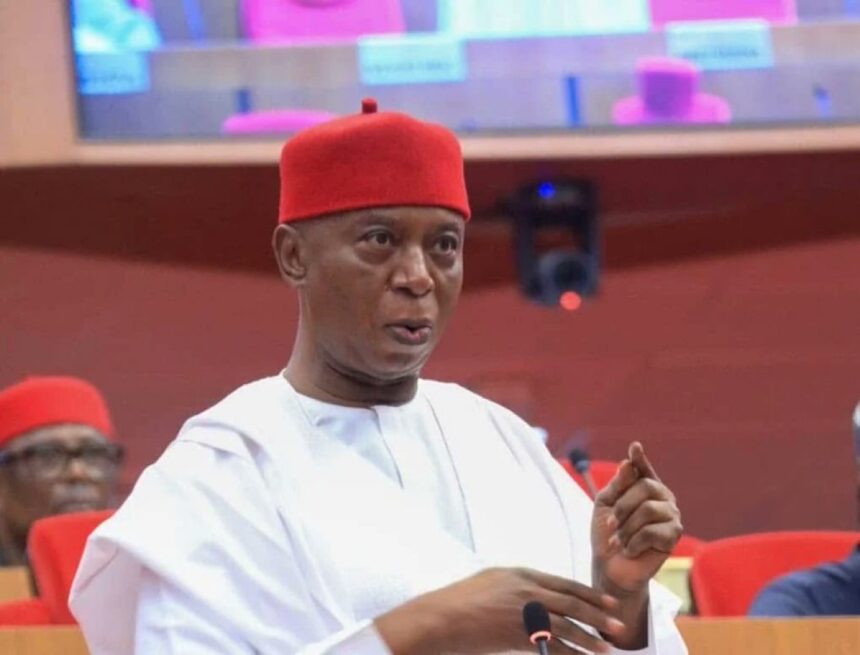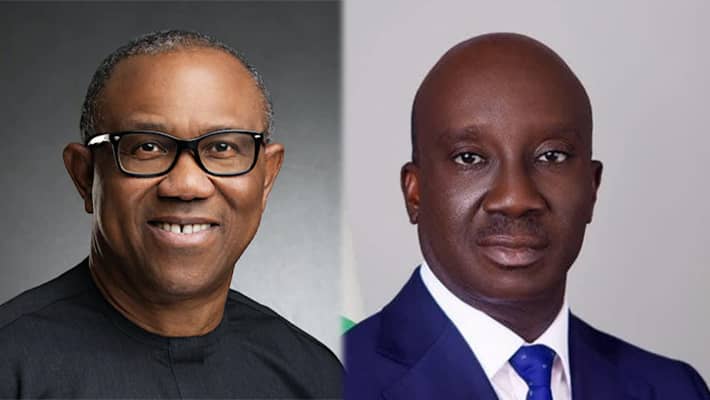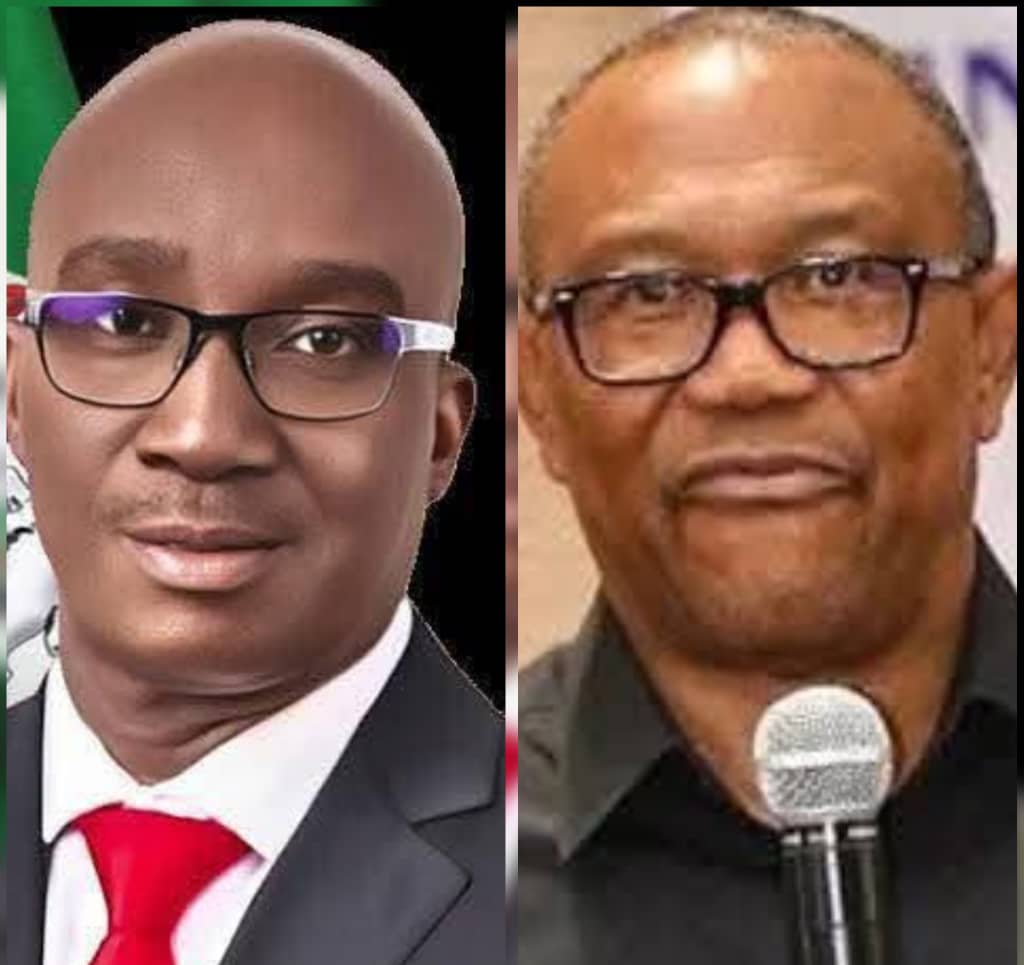Senator Ned Nwoko has said that Nigeria’s development challenges cannot be solved by introducing a new constitution, but rather by ensuring effective and transparent governance. The senator, who represents Delta North in the National Assembly, made this statement while addressing reporters on current national issues.
According to Nwoko, the continuous calls for a new constitution are misplaced and could distract from the urgent need to address fundamental problems such as corruption, poor infrastructure, and lack of accountability in public institutions. He argued that the 1999 Constitution, while not perfect, can still serve the country if properly implemented by leaders who are committed to the rule of law and good governance.
Nwoko emphasized that Nigeria’s main problems stem not from the constitution itself but from the failure of leadership at various levels. He stated that many of the challenges affecting the country—ranging from insecurity to economic instability—are the result of mismanagement and lack of political will, not constitutional deficiencies.
He said, “What Nigeria needs is not a brand new constitution. What we need is to make sure those in power obey the laws we already have and govern the country with transparency, discipline, and integrity. Our problem is bad governance, not the document that guides us.”
The senator acknowledged that while constitutional amendments may be necessary in some areas, they should not be the primary focus of national discourse. He maintained that amending sections of the constitution can be part of ongoing reforms, but pushing for a completely new document is unlikely to solve the core issues Nigeria is facing.
His remarks come amid renewed debates across the country over the relevance and effectiveness of the 1999 Constitution, which many critics say does not reflect the will of the people, having been enacted under military rule. Some civil society organizations and political figures have recently called for a completely new constitution to address issues such as federalism, resource control, and electoral reform.
However, Nwoko cautioned against using constitutional reform as a political tool or a diversion from real issues. He pointed out that successive governments have often promised reforms but failed to deliver concrete changes in the lives of ordinary Nigerians.
He urged political leaders and citizens to focus their energy on demanding accountability, transparency, and service delivery from those in office. According to him, leadership that respects the rule of law and prioritizes national development would yield far more progress than replacing the constitution.
Nwoko’s position stands in contrast to that of some prominent figures, including advocates for regional autonomy and devolution of powers, who argue that the current structure of government imposed by the 1999 Constitution has created imbalances and limited Nigeria’s ability to develop equitably.
Despite the opposing views, Nwoko insisted that effective leadership and institution-building should take priority. He warned that constant agitation for structural changes could become a distraction if the root causes of Nigeria’s problems—such as corruption, weak institutions, and poor leadership—are not addressed first.
In his view, if Nigerian leaders start to faithfully implement existing laws and policies, the nation would witness significant improvement in governance, economic development, and national cohesion. He called for a renewed focus on competence, accountability, and patriotic service among public office holders.
As debates on constitutional review continue in various political and civic spaces, Nwoko’s comments have sparked discussions among lawmakers, analysts, and citizens about where Nigeria’s reform efforts should be directed. While some agree with his focus on governance, others believe structural changes are necessary to build a more inclusive and functional political system.
For now, the question of whether Nigeria needs a new constitution or better governance remains a central issue in national discourse, with political leaders like Ned Nwoko urging that attention first be paid to how the current system is managed.





